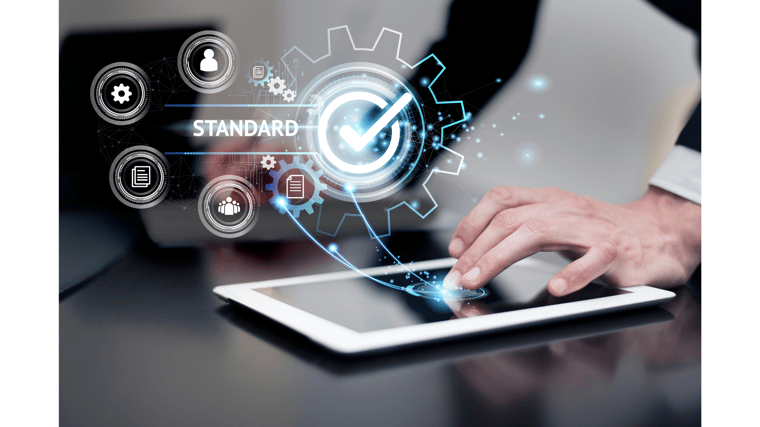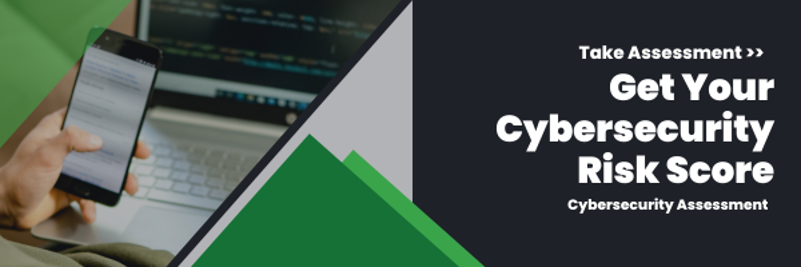Information Technology (IT) has become more critical than ever, especially for small-to-medium-sized businesses (SMBs). However, the digital landscape is fraught with cyber threats, and while most might think they only impact large companies, they would be wrong.
SMBs are just as vulnerable, if not more, especially since so many lack the resources needed to protect themselves – over 60% of businesses that experience a cyber attack will close their doors within six months.That’s why implementing robust cybersecurity measures and IT best practices is paramount to protecting the company while also streamlining operations, enhancing productivity and fostering growth.
Read: The 4 Cornerstones of Cybersecurity
1. Use Firewalls
Firewalls protect hardware and software by monitoring inbound and outbound traffic to block viruses or malicious websites. This tool can help prevent hackers and suspicious people from accessing your sensitive data. Ensure all devices accessing the internet go through a firewall to avoid unauthorized access.
2. Implement Antivirus and Antimalware
Antimalware and antivirus software can help protect against viruses, spyware and other malware. Also, implement this software on any mobile devices or tablets that access sensitive data. Spam filters and ad blockers can also help protect your devices.
3. Regularly Update Software
After you’ve installed your antivirus and antimalware software, you must keep them updated to protect against security risks and ensure they run efficiently. Updates often include patches to hole up any vulnerabilities that appear in the software. If you are known for hitting that “remind me later” button, turn on automatic updates.
4. Train Employees
Human error is one of the biggest reasons why cyber attacks occur, as employees can maliciously or carelessly open the business to attacks. Training employees to identify and avoid the newest threats, like phishing messages, can give them the tools to stay safe while using the company’s networks and systems. Establish standard reporting protocols so employees know how to report a potential cyber threat.
5. Regularly Back Up Data
Data loss can be catastrophic to SMBs. Establish regular backup procedures to ensure your critical data (regarding the company, its staff or its customers) is protected from cyber criminals and that your business can get up and running quickly. Store files in multiple locations: offline, on the cloud or on external hard drives via air gapping. You must also ensure you can restore files from these backups, which can be an effective measure against ransomware.
Read: The Best Practices Against Cyber Attacks
6. Utilize Strong Passwords and Multi-Factor Authentication
Strong passwords can help deter hackers. Your passwords should:
- Be at least 19 characters in length
- Include a mix of upper and lower case letters, numbers and special characters
- Not include personal information, like your name or birthday
- If possible, misspell words (3ggz instead of eggs, for example)
Don’t reuse passwords across multiple accounts, change them at least every three months and NEVER share your passwords with anyone. If you need help remembering passwords, use a password manager. To create passwords, use a password generator.
You should also implement multi-factor authentication (MFA) for an extra layer of protection – this tool requires users to provide at least two types of verification before they can access the account or data.
7. Encrypt Data
Encrypt everything: files, systems and data so that even if it gets stolen or broken into, hackers can’t access anything without the decryption key. This is especially critical for sensitive data stored on mobile devices.
8. Limit Access
By only allowing employee access to files they need to complete their jobs, you can ensure staff aren’t messing with data they shouldn’t be touching. This also prohibits employees from installing software onto your systems without permission.
9. Utilize VPNs
Whether at home, at work or at the neighborhood coffee shop, you should never operate on public Wi-Fi networks. Secure your systems with virtual private networks (VPNs). Hackers can easily use public Wi-Fi to break into systems, so VPNs can be especially beneficial for remote workers.
Thriveon Can Protect Your Business
If these nine best practices sound overwhelming or your company doesn’t have the means to implement them, don’t worry – Thriveon can help.
Our managed IT and cybersecurity services ensure your company is well protected while meeting security standards. Our fractional CIOs audit your company and align it with 500 best practices.
Schedule a meeting today to see how we can protect your company and assets.

